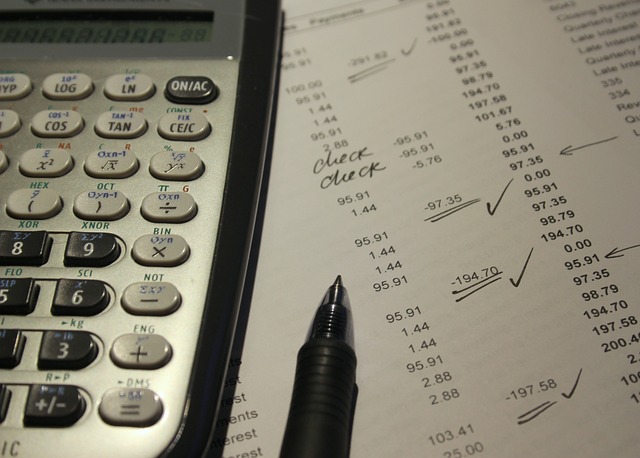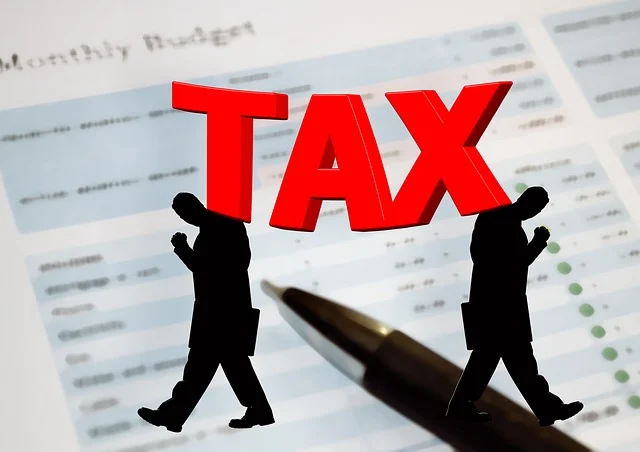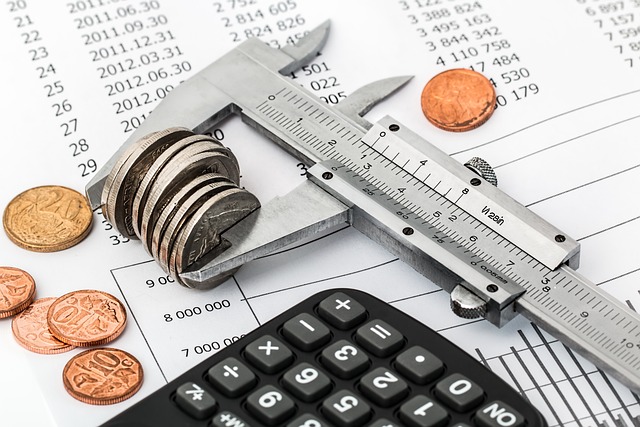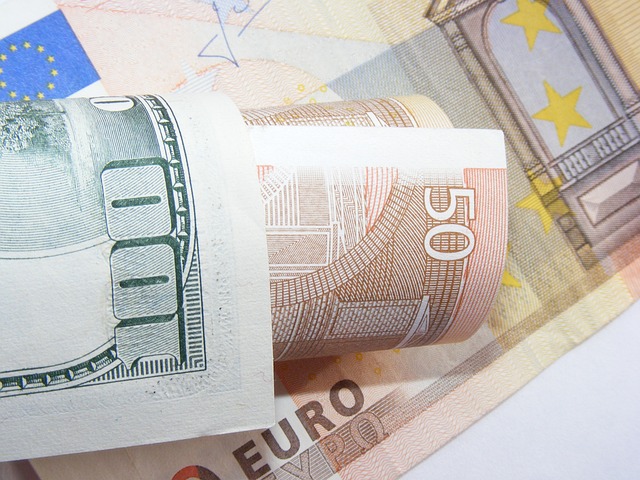Value Added Tax (VAT) in the Netherlands

Value Added Tax (VAT), known as Belasting over de toegevoegde waarde (BTW) in Dutch, is a consumption tax levied on goods and services in the Netherlands. It is an essential part of the Dutch tax system, contributing significantly to the national revenue. Understanding how VAT works is crucial for businesses, consumers, and expatriates living in the Netherlands. This article provides a comprehensive overview of VAT in the Netherlands, including rates, registration, filing, and compliance.
1. Overview of VAT in the Netherlands
VAT is a tax on the value added to goods and services at each stage of production and distribution. It is ultimately borne by the final consumer but collected and remitted to the tax authorities by businesses at each stage of the supply chain.
Key Features
- Taxable Persons: Businesses that supply goods or services in the Netherlands are generally required to register for VAT.
- Taxable Transactions: VAT applies to the sale of goods, provision of services, and importation of goods into the Netherlands.
- Input VAT: Businesses can deduct VAT paid on their purchases (input VAT) from the VAT they collect on sales (output VAT).
2. VAT Rates in the Netherlands
The Netherlands has three VAT rates: a standard rate and two reduced rates. The applicable rate depends on the type of goods or services provided.
Standard Rate: 21%
- Applicability: The standard rate applies to most goods and services, including electronics, clothing, and professional services.
Reduced Rate: 9%
- Applicability: The reduced rate applies to essential goods and services, such as:
- Food and beverages (excluding alcoholic beverages and restaurant services)
- Pharmaceutical products
- Books, newspapers, and magazines
- Passenger transport
- Cultural and recreational activities (e.g., museums, zoos)
Zero Rate: 0%
- Applicability: The zero rate applies to specific transactions, including:
- Exports of goods to non-EU countries
- Intra-community supplies of goods to other EU member states
- Certain international services
3. VAT Registration
Businesses that meet certain criteria are required to register for VAT in the Netherlands.
Mandatory Registration
- Threshold: Businesses with a turnover exceeding €20,000 per year from taxable supplies must register for VAT.
- Non-Resident Businesses: Non-resident businesses supplying goods or services in the Netherlands must also register for VAT, regardless of turnover.
Voluntary Registration
- Businesses with turnover below the threshold can voluntarily register for VAT to reclaim input VAT.
Registration Process
- Application: Submit an application to the Dutch Tax Administration (Belastingdienst).
- VAT Number: Upon approval, the business will receive a VAT identification number (BTW-nummer), which must be used on invoices and other official documents.
4. VAT Filing and Payment
Registered businesses are required to file VAT returns and remit the collected VAT to the tax authorities.
Filing Frequency
- Monthly: Businesses with significant VAT liabilities may be required to file monthly returns.
- Quarterly: Most businesses file quarterly VAT returns.
- Annual: Small businesses with low turnover may be eligible for annual filing.
Filing Process
- Electronic Filing: VAT returns must be filed electronically through the Dutch Tax Administration’s online portal.
- Deadlines: The deadline for filing and payment is typically one month after the end of the reporting period.
VAT Payment
- Payment Methods: VAT payments can be made via bank transfer or direct debit.
- Deadlines: Payments must be made by the filing deadline to avoid penalties and interest.
5. VAT Compliance and Record-Keeping
Compliance with VAT regulations is essential to avoid penalties and ensure smooth business operations.
Record-Keeping Requirements
- Invoices: Businesses must issue VAT-compliant invoices for all taxable transactions. Invoices must include:
- VAT number of the supplier and customer (if applicable)
- Description of goods or services
- VAT rate and amount
- Total amount including VAT
- Records: Businesses must maintain accurate records of all transactions, including sales, purchases, and VAT calculations, for at least seven years.
VAT Audits
- The Dutch Tax Administration may conduct VAT audits to verify compliance. Businesses should ensure their records are complete and accurate to facilitate the audit process.
6. Special VAT Schemes
The Netherlands offers several special VAT schemes to simplify compliance for small businesses and specific industries.
Small Businesses Scheme (Kleineondernemersregeling)
- Eligibility: Businesses with annual turnover below €20,000.
- Benefits: Eligible businesses may be exempt from VAT or qualify for a reduced VAT rate.
One-Stop Shop (OSS) Scheme
- Eligibility: Businesses supplying digital services to consumers in other EU member states.
- Benefits: Allows businesses to file a single VAT return for all EU sales, simplifying compliance.
Margin Scheme
- Eligibility: Businesses dealing in second-hand goods, art, antiques, and collectibles.
- Benefits: VAT is calculated on the profit margin rather than the full selling price, reducing the VAT burden.
7. VAT Refunds
Businesses may be eligible for VAT refunds in certain circumstances.
Input VAT Refund
- Businesses can reclaim VAT paid on purchases (input VAT) if it exceeds the VAT collected on sales (output VAT).
EU VAT Refund
- Non-resident businesses that incur VAT in the Netherlands can apply for a refund through the EU VAT refund system.




